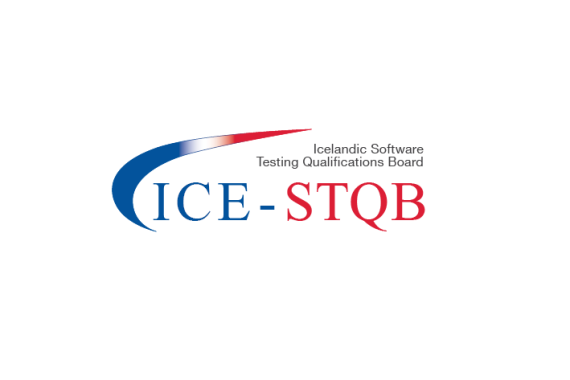The Foundation Level qualification is aimed at professionals who need to demonstrate practical knowledge of the fundamental concepts of software testing. Test and evaluation are expensive and often 30-50% of software cost and project time. Foundation Level helps you to improve your testing and save testing costs.
You get the necessary knowledge to plan a structured and systematic evaluation and test of your software.
This level is based on the Foundation Level Syllabus; see here.
Who should enroll?
The Foundation Level qualification is aimed at anyone involved in software testing. This includes people in roles such as testers, test analysts, test engineers, test consultants, test managers, user acceptance testers, and software developers. This Foundation Level qualification is also appropriate for anyone who wants a basic understanding of software testing, such as project managers, quality managers, software development managers, business analysts, IT directors, and management consultants.
Entry criteria
No knowledge about quality assurance is required beforehand. It is suggested that candidates for the Foundation Level certification have at least six months of practical experience in a professional testing role.
Part of the course material is the book: Linz, Spillner, Schaefer, Software Testing Foundations, 4th ed., Rocky Nook, 2014. It is recommended that participants read the book before the course starts.
You can take the exam without attending the course and vice versa, but the course helps you better understand the topics in the syllabus and prepares you for the exam.
What you will learn
Foundation Level professionals should be able to:
- Use a common language for efficient and effective communication with other testers and project stakeholders.
- Understand established testing concepts, the fundamental test process approaches, and principles supporting test objectives.
- Design and prioritize tests using established techniques; analyze functional and non-functional specifications (such as performance and usability) at all test levels for systems with a low to medium level of complexity.
- Execute tests according to agreed test plans, and analyze and report on the results of tests.
- Write clear and understandable incident reports.
- Effectively participate in reviews of small to medium-sized projects.
- Be familiar with different testing tools and their uses; assist in the selection and implementation process.
Which levels are available after Foundation?
Holders of the Foundation Core certificate are eligible to continue to higher level software testing qualifications, certifying themselves at the Core Advanced level, then at the Expert level, and sitting in the Agile Tester exam or certifying themselves at one of the Specialist certifications.
About the exam
The exam will be in English and is internationally valid. It is based on the Foundation Level syllabus.
The Foundation Level exam has no prerequisites. Preparation on the syllabus topics (obtained through attending a course provided by ICE-STQB, from professional experience and/or self-study) is recommended.
The Foundation Level exam is characterized by the following:
- 40 multiple-choice questions
- a scoring of 1 point for each correct answer
- a pass mark of 65% (26 or more points)
- a duration of 60 minutes (or 75 minutes for candidates taking exams, not in their native or local language).
The following K-levels are addressed: K1, K2, K3, and K4. The breakdown of the exam questions per K-level is done according to international guidelines, and exam content reviews are periodically conducted to ensure consistency.
The Foundation exams cover 4 different K-levels (K1 to K4):
K1 (Remember): The candidate should recognize a term or concept.
K2 (Understand): The candidate should select an explanation for a statement related to the question topic.
K3 (Apply): The candidate should select the correct application of a concept or technique and apply it to a given context.
K4 (Analyze): The candidate can separate information related to a procedure or technique into its constituent parts for better understanding and can distinguish between facts and inferences.
After passing the exam, candidates will receive a Foundation Level ISTQB certification.
